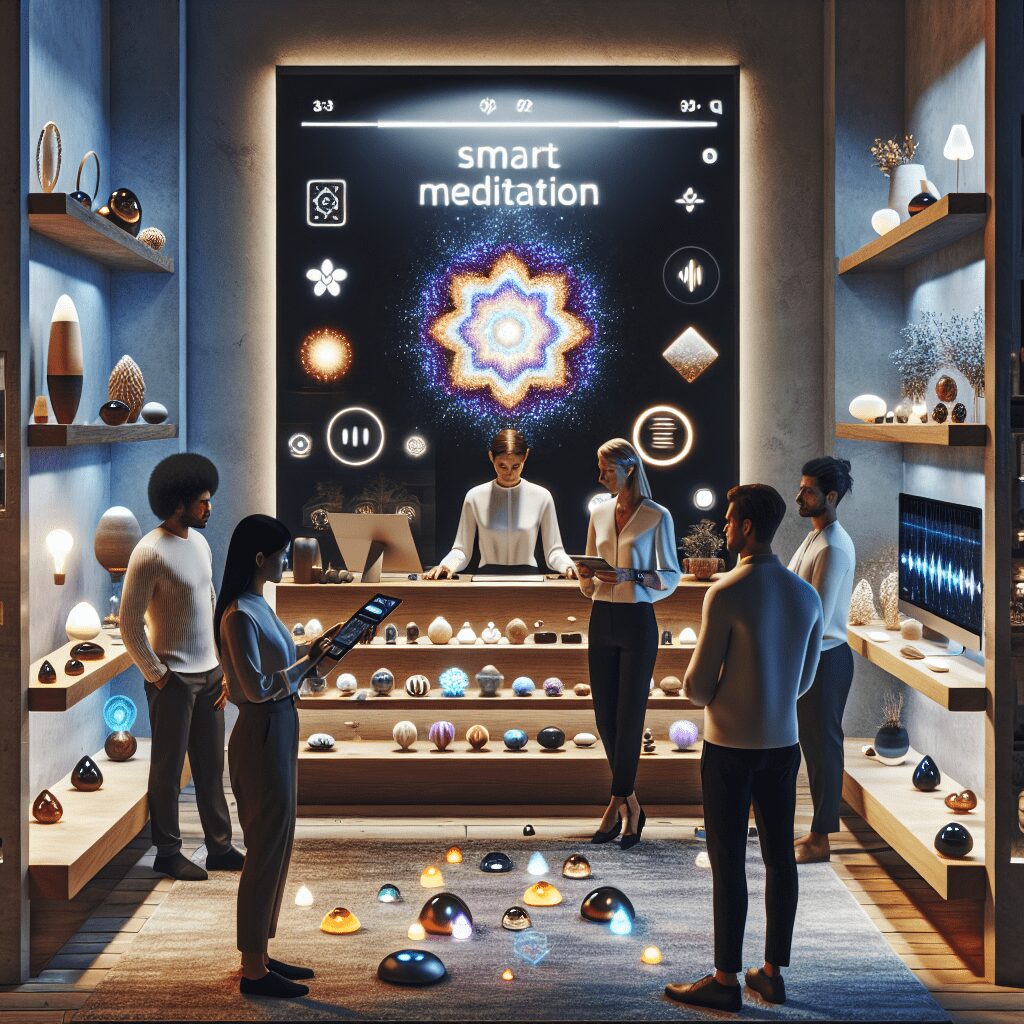
Prioritize your mental well-being daily. Enhance your life by nurturing your mental health with the Smart Meditation app. Break free from stress, alleviate anxiety, and enhance your sleep quality starting today.
Can Anxiety Cause Brain Fog?
Unveiling the Mystery Behind Anxiety and Brain Fog
In today’s non-stop society, where stress seems to be as common as your morning cup of joe, a significant number of individuals find themselves tangled in the grips of anxiety. It’s like this unwelcome shadow that follows you around, casting a pall over your day-to-day existence. Among the myriad of symptoms that accompany anxiety, there’s one particular condition that often flies under the radar, yet has profound implications on our daily functioning – brain fog. But how exactly does anxiety trigger this cognitive haze? Let’s dive headfirst into the murky waters of brain fog and anxiety, shedding light on a matter that’s as complex as it is intriguing.
The Intricate Dance Between Anxiety and Brain Fog
Imagine your brain is a high-powered, sophisticated computer. Now, imagine running too many heavy programs at once. What happens? It slows down, freezes, or even crashes. In a nutshell, that’s what anxiety can do to your brain. It’s not merely a feeling of unease; it’s a full-blown, biochemical tornado that can stir up a whole host of cognitive disruptions, brain fog being a prime example.
What’s Brain Fog Anyway?
In colloquial terms, brain fog isn’t a medical diagnosis but a common way to describe feelings of confusion, forgetfulness, and a general lack of mental clarity. People often describe it as feeling “off” or having their head in the clouds. It can make you feel several fries short of a Happy Meal, even on your best days.
Anxiety: The Brain’s Overzealous Security Guard
When anxiety walks into the room, it’s like your brain’s internal security system goes into overdrive. Your body pumps out stress hormones like cortisol and adrenaline, preparing you for fight or flight. This response is great if you’re dodging traffic or fending off a wild animal. But when it’s chronic, triggered by everyday stressors, it’s akin to keeping your foot on the accelerator while you’re parked. It exhausts the system.
Chronic anxiety puts your brain on constant alert, leaving you mentally drained. This state of hyper-vigilance can scatter your cognitive resources thin, spreading them over a wide range of potential threats and what-ifs. As a result, there’s not much left for memory, focus, or processing new information – hence, brain fog.
Strategies to Clear the Fog
Luckily, brain fog is not an omnipresent cloud looming over your cognitive landscape. There are actionable steps you can take to disperse it and regain your mental clarity:
-
Mindfulness and Meditation: By now, you’ve probably heard this advice ad nauseam, but its benefits can’t be overstated. Engaging in mindfulness or meditation can help calm the overactive parts of your brain, reducing the production of stress hormones and clearing that cognitive smog.
-
Exercise: No, you don’t have to be a marathon runner. Regular, moderate exercise can work wonders for your mental health, improving mood, reducing anxiety, and enhancing cognitive functions.
-
Sleep: The importance of catching enough Z’s cannot be emphasized enough. Sleep is when your brain detoxifies, recharges, and essentially reboots. Skimping on sleep is like skipping maintenance on your computer – it won’t be long before things start to glitch.
-
Diet and Hydration: Feeding your brain the right nutrients and staying hydrated can significantly impact your mental clarity. Omega-3 fatty acids, antioxidants, and adequate water intake are your brain’s best friends.
-
Professional Guidance: Sometimes, managing anxiety and its cognitive side effects require professional intervention. Cognitive Behavioral Therapy (CBT), for instance, has been shown to be highly effective in treating anxiety and improving overall cognitive function.
Anxiety can indeed cast a fog over your cognition, but it’s crucial to remember that this fog is not impenetrable. With the right tools, strategies, and support, you can navigate through it and emerge with clearer skies and a brighter outlook.





